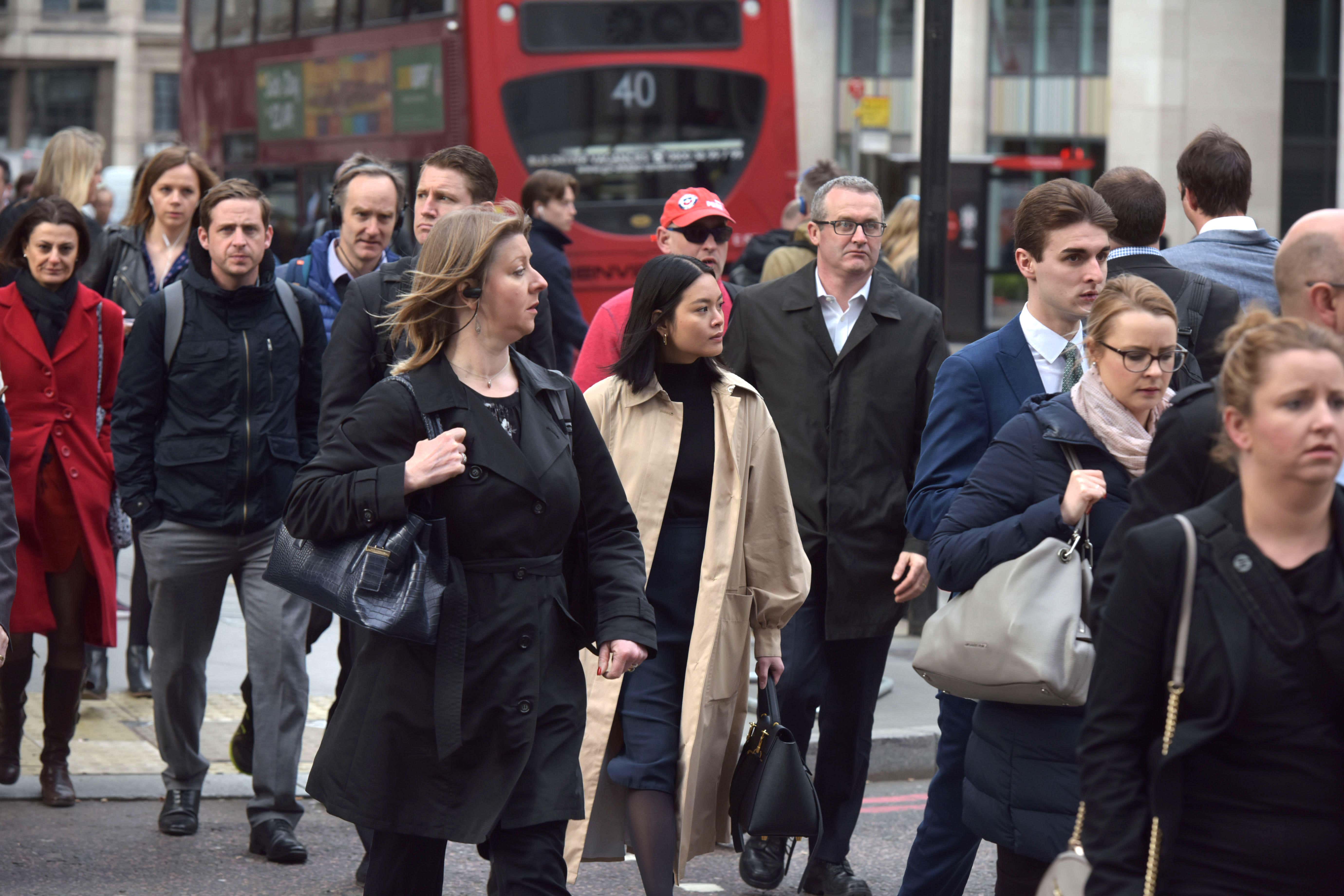UK jobs market sees signs of cooling as wages remain under pressure
The ONS said the rate of unemployment stood at 3.7% in the three months to January, unchanged from the previous three months.

Britain’s unemployment rate has remained unchanged, but there are further signs of cracks in the jobs market after official figures showed a fall in vacancies and an increase in redundancies.
The Office for National Statistics (ONS) said the rate of unemployment stood at 3.7% in the three months to January, unchanged from the previous three months.
The figures also showed there were 220,000 days lost to strike action in January, down from 822,000 in December, with schools the hardest hit.
The data revealed a 51,000 drop in the number of job vacancies to 1.2 million, while the redundancy rate edged higher.
Pay also remained under pressure despite declining inflation and a 6.5% in increase in regular wages, excluding bonuses, though this was slower than the 6.7% rise in the previous three months.
With Consumer Prices Index (CPI) inflation taken into account, real regular pay fell by 3.5%.
Darren Morgan, director of economic statistics at the Office for National Statistics, said: “Recent trends have continued, with a slight rise in employment, especially among part-timers.
“Detailed figures from our business surveys also show record numbers of jobs in several sectors, including law and accountancy firms, health, and pubs and restaurants.
“In addition, the number of people neither working nor looking for a job fell overall, driven by a drop in young people.
“However, a record number of people were completely outside the labour market due to long-term sickness.
“Although the inflation rate has come down a little, it’s still outstripping earnings growth, meaning real pay continues to fall.”
Bookmark popover
Removed from bookmarks